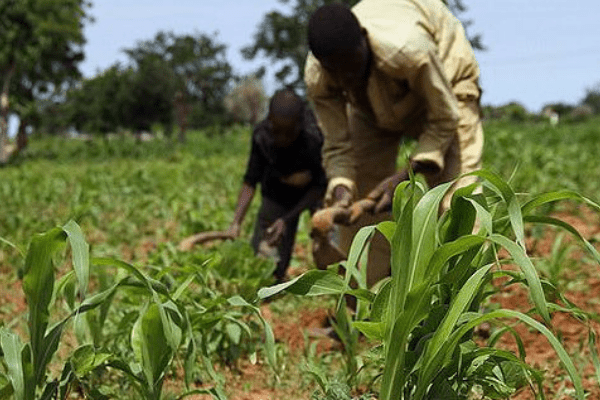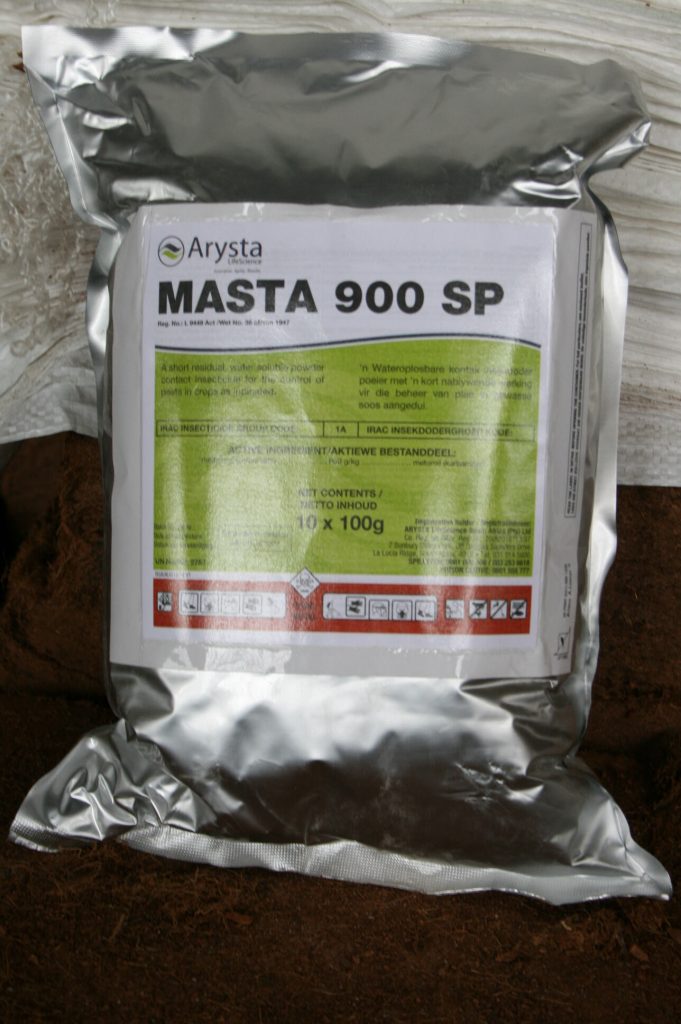
By Bahle Gama
Members of Parliament have questioned when the country will implement the Maputo declaration if the Ministry of Agriculture is still getting 5 per cent of the national budget.
In 2003, to improve food security and nutrition and increase agricultural incomes across Africa, the Heads of State and Government of the African Union (AU) adopted the Maputo Declaration on agriculture and food security in Africa.
The Maputo Declaration committed African Heads of State and Government to allocate at least 10 per cent of their annual national budgets to agriculture and to achieve agricultural growth rates of a minimum of 6 per cent per annum.
This was done at the 2nd Ordinary Session of the AU Assembly in July 2003 in Maputo, Mozambique. On March 5, 2024, the Ministry of Agriculture in Eswatini presented its budget request of E367.9 million and on February 23, the Minister of Finance tabled a budget of E29.4 billion.
Important
Members of Parliament who were present when the Minister presented the budget for agriculture expressed their dissatisfaction over the allocated budget during their debates.
One of these was Lugongolweni MP who said the Ministry of Agriculture is one of the most important in a country.
“We want to know what we can do to assist the Minister to ensure that what we signed in Maputo comes to life. After 55 years of independence, we are still failing to be food-sufficient. This shows that this ministry is not prioritised,” said the MP.

He was echoed by Ngudzeni MP Charles Ndlovu, who said the Ministry is as equal as others like the Minister of Health because it also deals with the lives and well-being of emaSwati and plays a vital role in the economy.
Another was Maseyisini MP Nokuthula Dlamini who said the 5 per cent allocated to agriculture is too small because of the role played by the ministry and its responsibility in changing the lives of emaSwati through various projects and organisations.
ALSO READ: Pig abattoir for Shiselweni in the pipeline – Agriculture minister
“I find that the Maputo declaration is being looked down upon by whoever decided to allocate this budget to the Ministry. How long will the country continue receiving donations and support from other countries in terms of food when things get worse in the country?” she questioned.
Ploughing
The MPs further pleaded that the ministry takes a lead in ploughing situations in the country. They made an example with the supposed drought situation which was only observed when farmers had planted crops with the hope that the rainfall would continue for a certain period.
“However, such was not the case and had they been given a proper forecast and been told of the appropriate rainfall situation, they would have chosen the appropriate time and to plough,” said another.
They also urged the ministry to analyse the crops that can be planted in different regions of the country to ensure that farmers know which ones they can bargain on according to season and weather.

The 2003 Maputo Declaration also launched the Comprehensive Africa Agriculture Development Programme (CAADP). The agreed areas of primary action under CAADP were extending the area under sustainable land management and reliable water control systems, improving rural infrastructure and trade-related capacities for market access, increasing food supply and reducing hunger, and promoting agricultural research, technology dissemination, and adoption.
After ten years of CAADP implementation, concerns were being raised about the significant proportion of Africa’s population still being economically marginalized with continuing high rates of hunger and malnutrition.
Agro-industries
Limited progress was also being realized in Africa’s agro-industries and agribusiness development, which hampered value-addition and the competitiveness of African products in local, regional, and international trade. Slow growth in Africa’s agriculture and food sector undermined efforts to transform the sector and generate significantly more jobs for African youth and women.
To respond to these concerns, the AU Heads of State and Government adopted the Malabo Declaration in 2014, which legitimized and reconfirmed CAADP as the principal framework to foster agricultural investments and development in Africa.
ALSO READ: Women Farmer program created to close the unemployment gap
The Declaration outlines the vision of Africa’s leaders for accelerating agricultural growth and transformation on the continent between 2015 and 2025 (AUC 2014).
In 2019 the government of Eswatini launched the review of the existing NAIP which was developed in 2015 and aligned to the four primary pillars of the CAADP.
It was launched by the Ministry of Agriculture in collaboration with the Food and Agricultural Organisation (FAO), Eswatini National Union, Finance Institute, Development Partners and the Ministry of Commerce, Industry and Trade.
Its development was based on the Maputo Declaration and would conform to the 5th National Development Plan (NDP) target and further represented a key strategic document to position the agricultural sector among the major contributors to the goals aspired in the 2030 Agenda for Sustainable Development.
…Budget for abattoirs questioned
With the Ministry calling for cattle farmers to use abattoirs to slaughter, the ministry has been questioned whether there is a budget to ensure there are abattoirs in the country.
Members of Parliament made this enquiry when Minister of Agriculture Chauke presented the budget needed by the ministry in the 2024/25 financial year.
“We hear that the Ministry wants everyone who slaughters a cow to use an abattoir for that. I’d like to know whether there is money set aside for that to ensure there are enough abattoirs to cater for farmers countrywide,” asked one MP.
ALSO READ: Nation urged to use Agriculture Service Charter
The MPs stated that if there are no abattoirs available evenly countrywide, small-scale farmers are likely to make a loss by spending money they do not have and in the process killing them.
They argued that it would not be easy to transport cow(s) to an abattoir that is far from a farmer’s farm and how they would afford such.
“It is clear that abattoirs are needed in the country because there are a lot of things that can be done through them. If the Ministry finds it impossible to set aside a budget, why doesn’t it utilise the portfolio committee to table a bill to build these abattoirs?” they questioned.
Ban Masta 900
The Ministry of Agriculture has been urged to ban Masta 900 in the country.
This call was made by Maseyisini MP Nokuthula Dlamini who questioned whether the ministry has considered banning Masta 900 in the country.
“The things that are happening in the country concerning this ‘poison’ are too much. We are seeing reports that a child or woman has ingested Mast 900. People are killing themselves using Masta 900,” she said.

The MP said if the ministry was able to ban other harmful and easily accessible to emaSwati, it should be able to do the same to Masta 900.
She said she once questioned the purpose the chemical served and it was explained to her, however, that reasoning is not relevant anymore.
“This thing must be banned indefinitely because it has claimed so many lives and it’s enough,” she said.
Over the years, the country has experienced several deaths of animals and human beings affiliated with Masta 900.
Some were reported to be people committing suicide, whilst others were committing murder.






